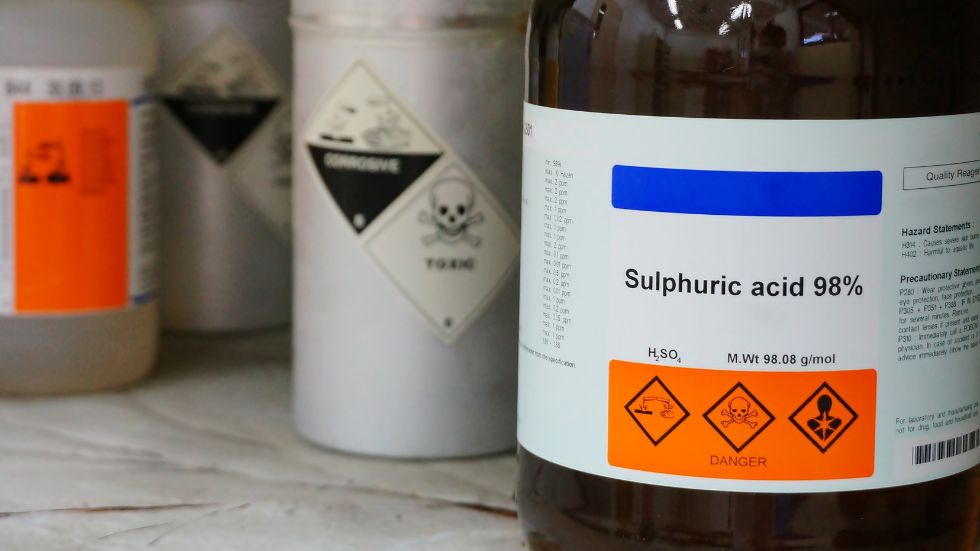
by Prateek | Jun 24, 2024 | Blog
The pharmaceutical industry is notoriously resource-intensive, and solvents play a major role in drug manufacturing processes. However, disposing of these chemicals after a single use is both environmentally damaging and economically inefficient. Here are excellent... 
by Prateek | May 17, 2024 | Blog
In today’s environmentally conscious world, managing hazardous waste correctly is more important than ever for businesses. Mishandling can lead to serious environmental, health, and legal consequences. Here, we’ll explore hazardous waste management... 
by Prateek | May 16, 2024 | Blog
The printing industry relies on solvents for various applications. From cleaning printing presses to dissolving inks, chemicals support high-quality prints. Managing these solvents efficiently is vital for environmental sustainability, worker protection, and overall... 
by Prateek | May 10, 2024 | Blog
Prioritizing safe chemical disposal methods is crucial for businesses to protect their employees, customers, and the environment. Improper disposal can lead to serious consequences, including health hazards and environmental damage. Here are some essential tips for... 
by Prateek | May 1, 2024 | Blog
Industrial solvents are common in various industries for cleaning, degreasing, and other applications. However, they become significant health and safety risks if you don’t handle them correctly. Fortunately, our guide to working safely with industrial... 
by Prateek | Apr 29, 2024 | Blog
Being eco-conscious and financially savvy with solvent recycling is a strategic move. Many businesses overlook the benefits of this practice, only considering the upfront equipment costs without recognizing the significant return on investment (ROI). Let’s review...






